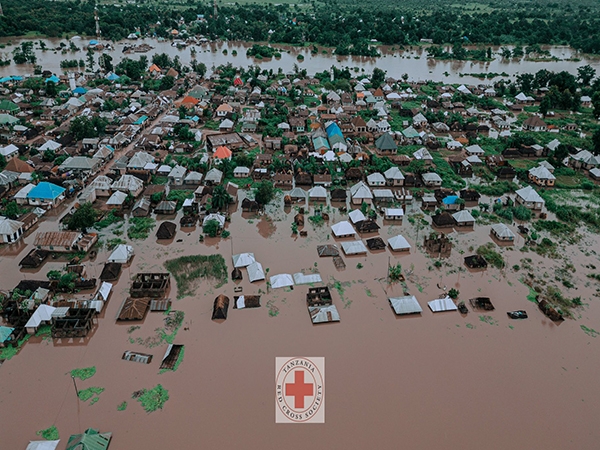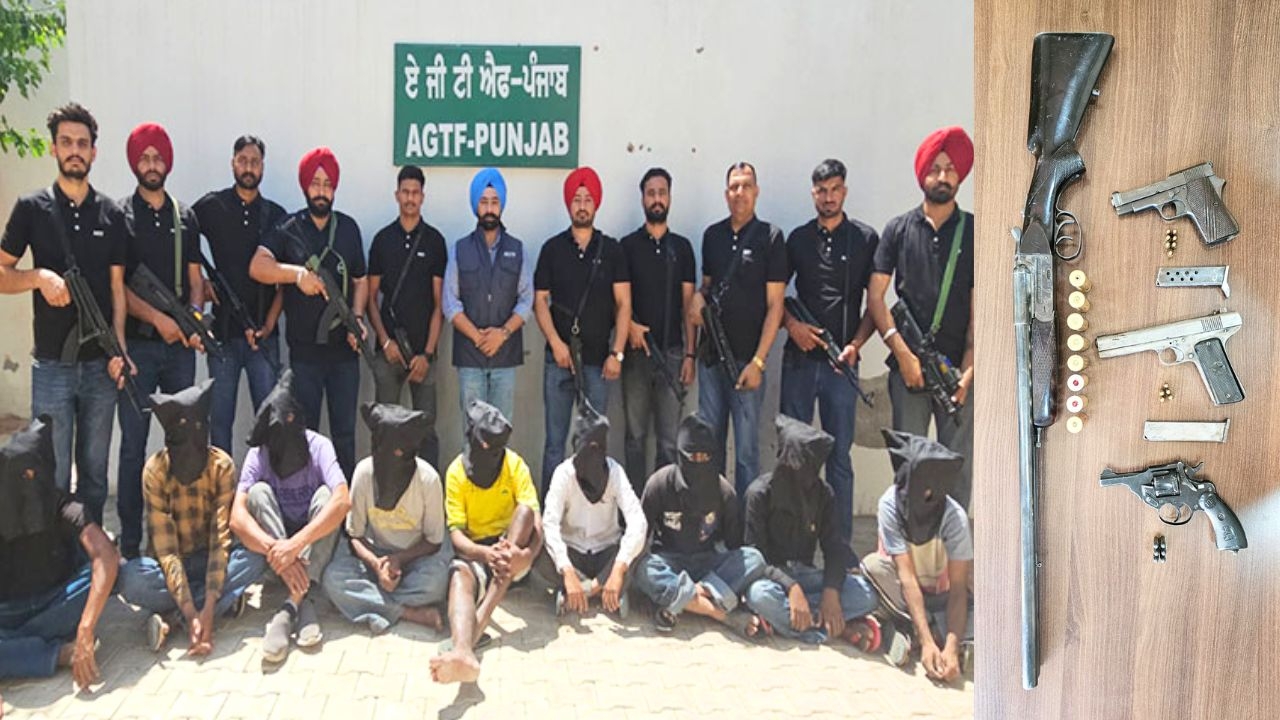Where the mind is without fear: why we need to talk about anxiety

It was a routine Saturday morning. I was at home in Mumbai with my family. My mother was urging me to go to a travel-writing workshop. She knew I had a passionate interest in travel blogging - but even more, she knew I needed to get out of my room.
But I couldn't.
I couldn't get out of bed. My eyes were watering, my heart was pounding, and I was convinced the only way this would stop was if she stopped pushing me to leave the house.
Eventually, I won. Or rather, my terrified mind won. I spent the day in bed.
Outside, at a dining table conversation with my grandmother, my mother suddenly realised the problem wasn't what she was assuming it was: laziness, disinterest or a lack of will. She realised I needed help.
For almost two months, my life had mirrored this particular Saturday. I was almost perpetually in a state of hiding, and neither of us quite knew why.
When I finally went to get help, we put a name to the problem: I was suffering from an anxiety disorder.
Clinical depression I had heard of, read about. Clinical anxiety? Not so much. I started treatment in earnest and finally, after months of living on the edge, I could see the light at the end of the tunnel.
I was one of the lucky ones. My family understood, my friends helped, my circumstances allowed access to good medical services.
But each time I mentioned the word anxiety to those outside my closest circle, people looked at me with bewilderment, even disdain.
'Everyone gets anxious', 'who needs a doctor for anxiety' and 'just do yoga, you'll be fine' was some of what I heard. Others blamed it on a wider problem with my generation 'so entitled and consumption-driven that we can't deal when things don't fall into place for us'.
None of this was true. None of it helped.
If at all, it made things worse. The thought that everyone else found such feelings normal and only my life was thrown so completely off track by this inexplicable anxiety was unsettling.
On hindsight, I realise this was what distinguished my anxiety from the usual.
Stress, fear, worry, nervousness: these are universal human emotions. We experience them at different points in our life. They slow us down but we learn to cope; sometimes, they can even be a trigger that kickstarts the adrenaline and helps get things done.
But when fear grips one in a way that walking away from the opportunity of a lifetime feels safer than taking it on, the writing is on the wall.
We need to talk about anxiety
In 2012, American tennis player Mardy Fish was getting ready to play his fourth round match in the US Open against Roger Federer.
It was arguably the biggest match of his career. A voice started small in his head, kept growing bigger, and told him not to step out to play against Roger in front of 22,000 people.
He tried to rationalise with himself, but eventually lost.
He writes passionately about his disorder, speaking of how he didn't play Roger that day - and then stopped playing at all.
He quit professional tennis to take care of his mental health. Today, after three years and an ongoing battle with anxiety, he has returned to the court.
And he's insistent we talk about anxiety.
Anxiety disorders come in different forms
Like depression, anxiety has multiple forms. Generalised Anxiety Disorder typically involves near-constant feelings of worry, anxiousness and fear over the course of six months.
Panic attacks, on the other hand, can be episodic; sudden, gripping feelings of fear and helplessness that can last several minutes and are accompanied by physical symptoms including a pounding heart, breathing difficulty, a constriction of the chest, numbness, sweating or a host of similar symptoms. Not everyone who experiences panic attacks has an anxiety disorder but they can often go hand in hand.
There's also Social Anxiety Disorder, which involves a disproportionate amount of anxiety in everyday social situations and in dealing with people.
There are subsets - and other types of anxiety-related disorders, including the fairly common obsessive compulsive disorder. Common to all? The fact that they are a medical condition that is outside the patient's control.
It's commoner than most of us realise
Often termed a symptom or subset of depression or other mental illnesses, many don't recognise anxiety as a disorder in itself.
In fact, a 2010 paper by J K Trivedi and Pawan Kumar Gupta that offers an overview of Indian research in anxiety disorders concludes by saying that most studies carried out in the country neglect anxiety disorders. Indian research often focuses only on psychotic disorders, not common mental disorders.
The problem with that? Anxiety, a tangible, treatable medical condition doesn't get the attention it deserves, and those that suffer it have nowhere to turn.
India has 3,500 psychiatrists for a population of 1.3 billion. We're sitting on the tip of a mental health crisis
We spend less than 1% of our GDP on mental health when by 2020, it is projected that 20% of the population may have some of sort of mental illness.
In fact, the 2010 Trivedi-Gupta paper indicates that all studies carried out to understand the prevalence of mental illnesses in society generally underestimate it.
In October 2014, when Dr Harsh Vardhan, the then Union Minister for Health announced the first 'Mental Health Action Plan 365', he cited a World Health Organisation report that states that India has only about 3500 psychiatrists.
That's 3,500 psychiatrists for 1.3 billion people.
As with other mental illnesses, 'society' doesn't help. At the crux of a larger stigmatising of mental illness - including anxiety - is an obsession with the idea of strength.
It's an irony that nothing takes more strength than accepting one may need help.







![BJP's Kapil Mishra recreates Shankar Mahadevan’s ‘Breathless’ song to highlight Delhi pollution [WATCH] BJP's Kapil Mishra recreates Shankar Mahadevan’s ‘Breathless’ song to highlight Delhi pollution [WATCH]](http://images.catchnews.com/upload/2022/11/03/kapil-mishra_240884_300x172.png)

![Anupam Kher shares pictures of his toned body on 67th birthday [MUST SEE] Anupam Kher shares pictures of his toned body on 67th birthday [MUST SEE]](http://images.catchnews.com/upload/2022/03/07/Anupam_kher_231145_300x172.jpg)






